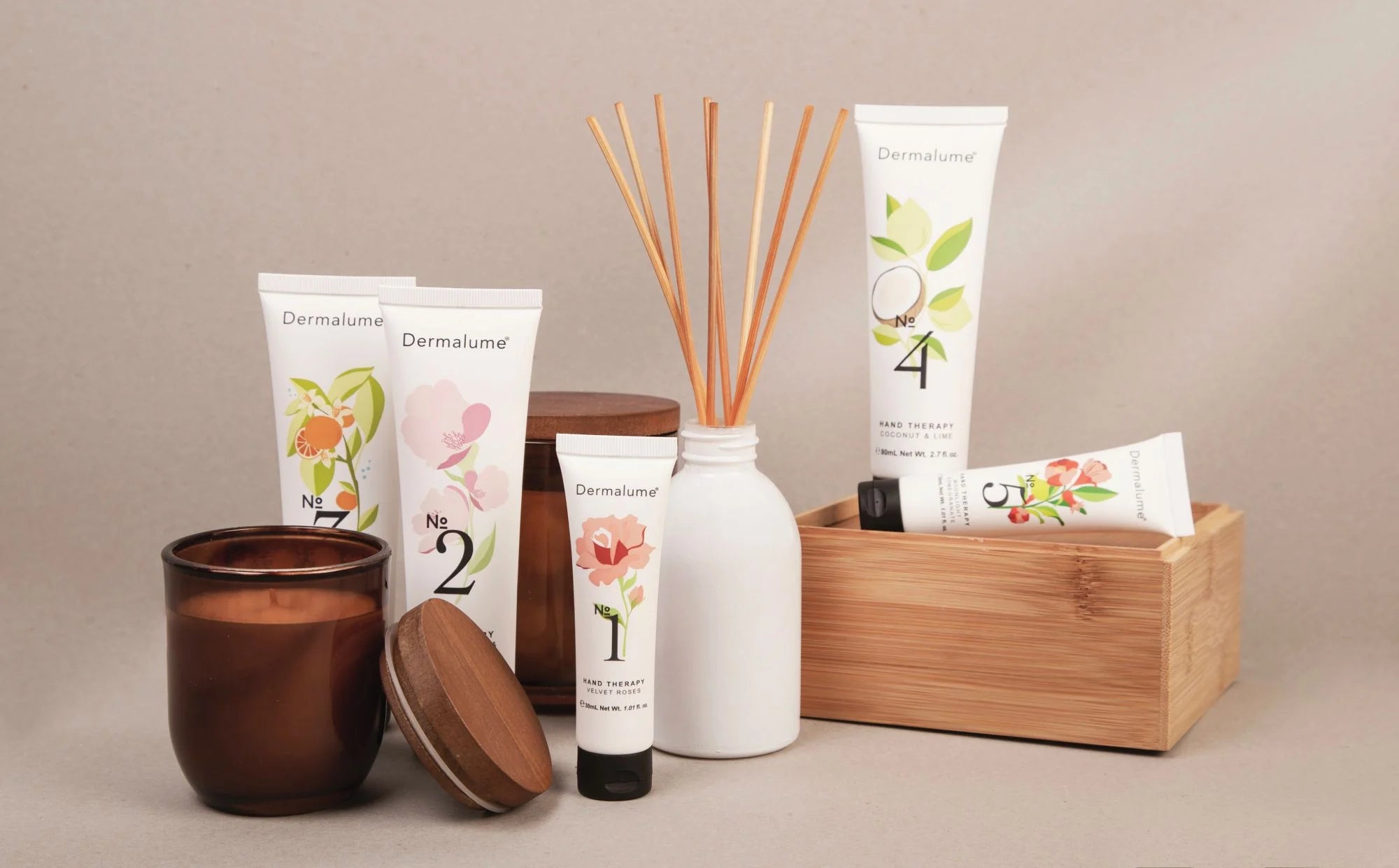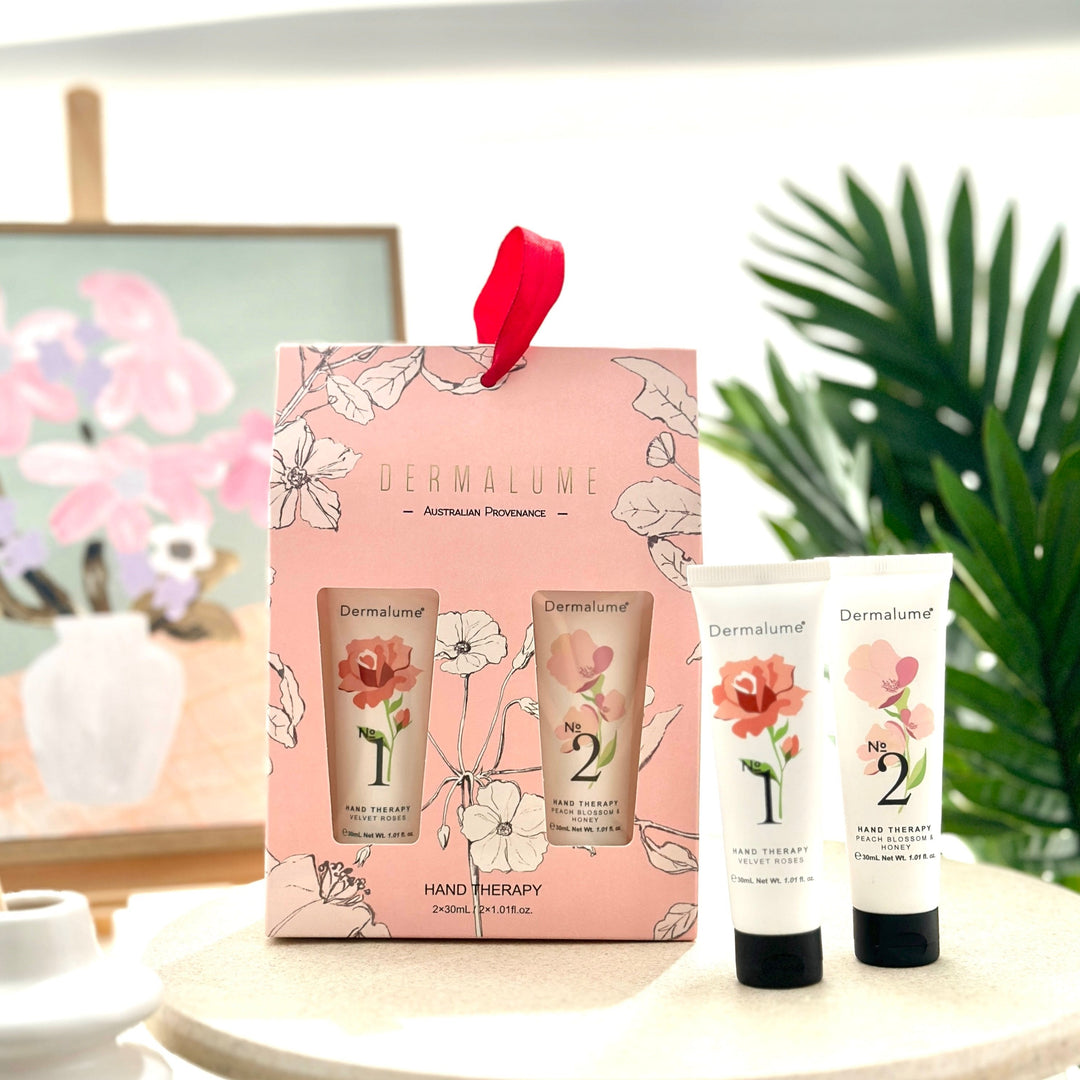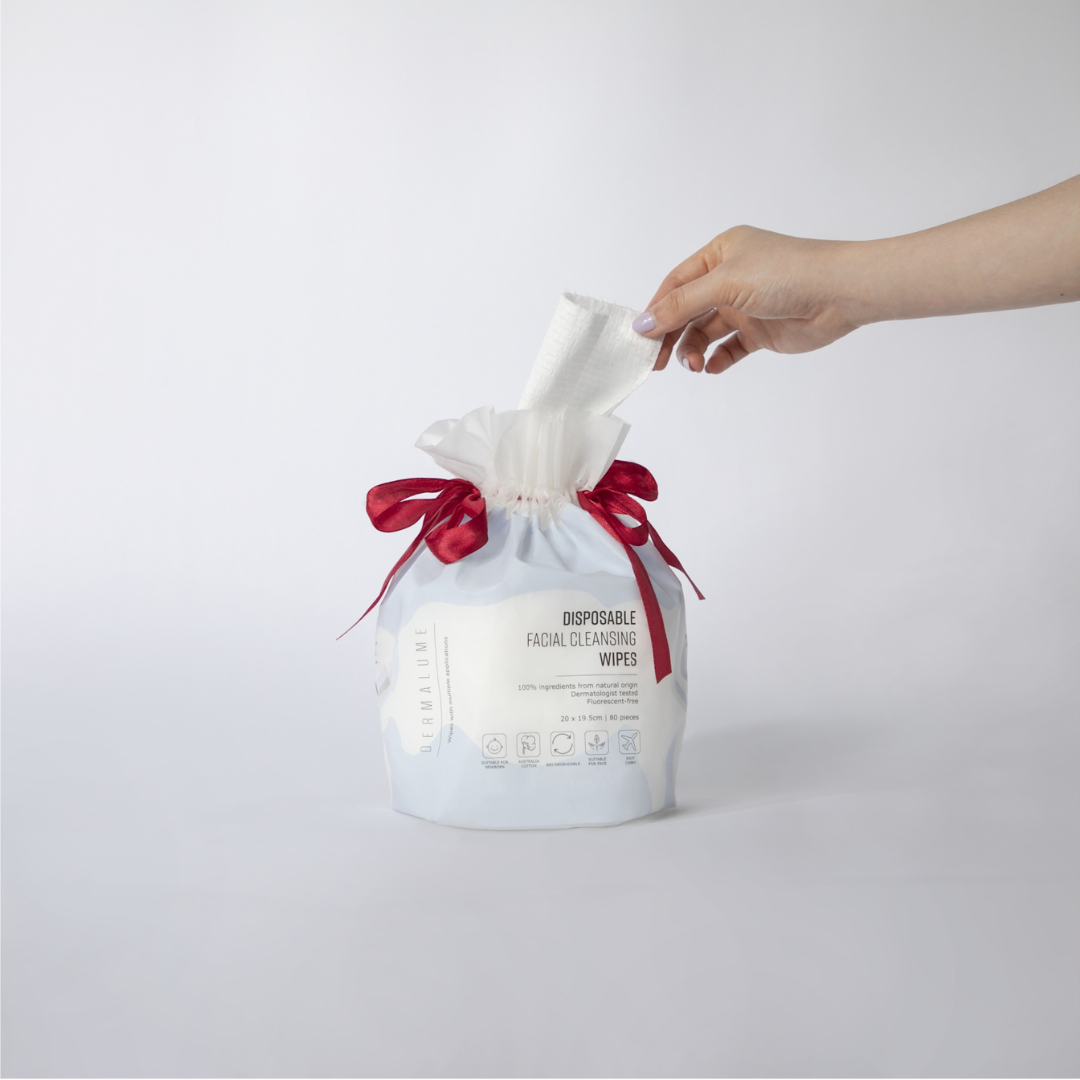The Importance of Wearing Face Masks
Protective face masks have become an essential part of our daily lives, especially in environments where the risk of airborne transmission of diseases is high. They serve multiple functions, primarily acting as a barrier against various harmful elements present in the air. Understanding the health benefits of these masks can help reinforce their importance and encourage consistent use.
Protection Against Airborne Particles
Face masks serve as a barrier between your respiratory system and harmful airborne particles. Wearing a face mask, especially in crowded or enclosed spaces, can significantly reduce the risk of inhaling these particles, which may include viruses, bacteria, and pollutants. These particles can trigger a range of respiratory issues and exacerbate conditions such as asthma or allergies, making masks a crucial preventive measure.
In urban environments, where pollution levels are often high, masks can protect against smog and dust, which can cause long-term harm to the lungs. Masks designed with multiple layers or specialized filters can offer enhanced protection, ensuring that even microscopic particles are filtered out before they can be inhaled.
Reducing Transmission of Diseases
During pandemics or flu seasons, wearing a face mask can help reduce the spread of infectious diseases. Masks like surgical masks or N95 respirators are designed to filter out pathogens, protecting both the wearer and those around them. These masks are particularly effective in healthcare settings, where the risk of transmission is significantly higher.
By covering the nose and mouth, masks prevent the spread of droplets that carry viruses. This is crucial in controlling outbreaks, as many infectious diseases are spread via respiratory droplets. Moreover, masks can serve as a reminder to avoid touching the face, thereby reducing the likelihood of transferring viruses from contaminated surfaces to the respiratory tract.
Health Precautions in Public Settings
Face masks are particularly important in public settings where maintaining social distancing is challenging. They are a simple yet effective tool in reducing the transmission of respiratory infections, safeguarding not only individual health but also public health. In crowded places like public transport, markets, or events, masks can prevent the spread of illnesses to vulnerable populations.
In addition to preventing disease spread, masks can also provide peace of mind, reducing anxiety associated with being in public spaces during health crises. By promoting the widespread use of masks, communities can work together to lower transmission rates and protect those who may be more susceptible to severe disease outcomes.
The Role of Face Masks in Skincare
While protective masks are vital for health, facial masks for skincare are essential for maintaining and enhancing skin health and appearance. These masks offer a diverse range of benefits, from hydration to detoxification, making them a valuable addition to any skincare routine.
Types of Skincare Masks
Skincare masks come in various forms, each designed to address specific skin concerns. Choosing the right type of mask can significantly impact the effectiveness of your skincare regimen, so it's important to understand the options available.
Sheet Masks
Sheet masks are pre-cut fabrics soaked in a nutrient-rich solution, designed to fit the contours of your face. They are convenient and effective for delivering a concentrated dose of hydration and nutrients to the skin. The occlusive nature of the sheet ensures that the skin absorbs the maximum amount of serum, making it an excellent choice for quick hydration.
These masks are infused with ingredients like hyaluronic acid, vitamin C, and various botanical extracts, which can brighten the complexion and improve skin texture. Their ease of use makes them a popular choice for those looking for an instant glow without the hassle of lengthy skincare routines.
Clay Masks
Clay masks are ideal for oily or acne-prone skin. They help absorb excess oil, unclog pores, and detoxify the skin. Clay masks are a great choice for those looking to balance and purify their skin. The minerals in clay, such as bentonite or kaolin, have a natural ability to draw out impurities, making them effective in treating blackheads and acne.
Regular use of clay masks can lead to a noticeable reduction in breakouts and an overall improvement in skin clarity. They also provide a refreshing tightening effect, which can temporarily reduce the appearance of pores, giving the skin a smoother, more refined look.
Gel Masks
Gel masks are soothing and hydrating, making them perfect for sensitive or dry skin. They provide a cooling effect and are often enriched with ingredients like aloe vera or cucumber to calm irritated skin. Their lightweight texture makes them suitable for layering under other skincare products without feeling heavy or greasy.
In addition to hydration, gel masks can provide relief from sunburn or redness, helping to restore the skin's natural barrier function. They are a great option for those who need a quick fix for tired or stressed skin, offering immediate comfort and revitalization.
Cream Masks
Cream masks are rich and nourishing, designed to provide deep hydration and repair the skin barrier. They are particularly beneficial for dry and mature skin types. These masks often contain emollients and antioxidants, which can help combat signs of aging and improve skin elasticity.
By locking in moisture, cream masks can prevent transepidermal water loss, keeping the skin plump and youthful. They are best used as part of a nighttime routine, allowing the skin to absorb the rich nutrients while you sleep, resulting in a rejuvenated complexion by morning.
Benefits of Using Skincare Masks
The benefits of incorporating skincare masks into your routine extend beyond mere aesthetic improvements. They offer targeted solutions for various skin issues, making them an indispensable tool in achieving healthy, radiant skin.
Deep Cleansing
Facial masks can penetrate the deeper layers of the skin, removing impurities and toxins that regular cleansing might miss. This deep cleansing results in clearer, more radiant skin. By reaching beyond the surface, masks can help prevent clogged pores and acne, leading to a smoother complexion.
Regular use of deep cleansing masks can also enhance the effectiveness of other skincare products. By clearing away debris and dead skin cells, these masks allow serums and moisturizers to penetrate more effectively, maximizing their benefits.
Enhanced Hydration
Many face masks are formulated to provide a surge of moisture to the skin. Hydrating masks can plump the skin, reducing the appearance of fine lines and giving a youthful glow. This boost of hydration is essential for maintaining skin elasticity and preventing the formation of new wrinkles.
In addition to improving skin texture, enhanced hydration can also help soothe irritation and reduce redness. For those with dry or sensitive skin, regular use of hydrating masks can lead to significant improvements in skin comfort and appearance.
Targeted Treatments
Face masks allow for targeted treatment of specific skin concerns, such as acne, dryness, or dullness. By choosing the right mask for your skin type and concerns, you can effectively address these issues. Masks formulated with active ingredients like salicylic acid for acne or peptides for anti-aging can provide noticeable results with consistent use.
This ability to target specific concerns makes masks a versatile addition to any skincare routine. Whether you need a quick fix for a breakout or a long-term solution for fine lines, there is a mask designed to meet your needs.
Relaxation and Self-Care
Using a face mask is not just about skincare benefits; it's also a form of self-care. Taking time to apply a mask and relax can reduce stress and improve mental well-being. The ritual of applying a mask can serve as a meditative practice, allowing you to unwind and focus on yourself.
Incorporating mask time into your routine can also enhance your overall quality of life by promoting relaxation and mindfulness. This break from daily stressors can lead to improved mood and a more positive outlook, making it a holistic approach to beauty and health.
How to Choose the Right Face Mask
Selecting the right face mask is crucial for achieving the desired results, whether for protection or skincare. With a myriad of options available, understanding your needs and preferences can guide you in making an informed decision.
For Protective Use
When choosing a protective face mask, consider the level of filtration you need. Surgical masks and N95 respirators offer higher protection levels, suitable for healthcare settings or high-risk environments. It's important to ensure that the mask fits snugly against the sides of your face without gaps, as this maximizes its effectiveness.
For everyday use in low-risk environments, cloth masks with multiple layers can provide adequate protection. These masks are often more comfortable for prolonged wear and can be washed and reused, making them a sustainable option for daily use.
For Skincare
Choosing a skincare mask involves understanding your skin's unique characteristics and needs. By doing so, you can select products that will enhance your skin's health and appearance.
Identify Your Skin Type
Understanding your skin type is crucial in selecting the right face mask. Whether you have dry, oily, combination, or sensitive skin will determine the type of mask that will best suit your needs. For instance, those with oily skin may benefit from clay masks, while individuals with dry skin might prefer cream or gel masks.
Knowing your skin type can help prevent adverse reactions and ensure that you are getting the most out of your skincare routine. It can also guide you in selecting complementary products that work well with your chosen mask.
Consider Skin Concerns
Identify specific skin concerns you wish to address, such as acne, aging, or hyperpigmentation. Look for masks with ingredients that target these issues effectively. For example, masks containing salicylic acid can help with acne, while those with vitamin C can brighten and reduce pigmentation.
By aligning your mask choice with your skin concerns, you can create a more personalized skincare routine that addresses your unique needs. This targeted approach can lead to faster, more noticeable improvements in your skin's condition.
Check Ingredients
Always check the ingredients list for potential allergens or irritants, especially if you have sensitive skin. Opt for masks with natural, soothing ingredients like chamomile, aloe vera, or oatmeal. These ingredients are less likely to cause irritation and can provide calming benefits to the skin.
Avoid masks with harsh chemicals or fragrances, as these can exacerbate existing skin issues or cause new ones. By being mindful of the ingredients, you can ensure that your skincare routine is as effective and safe as possible.
How to Use Face Masks Effectively
To maximize the benefits of face masks, it's important to use them correctly. Proper application and consistency can make a significant difference in the results you achieve.
Protective Masks
- Wear Correctly: Ensure the mask covers both your nose and mouth completely for maximum protection. A secure fit around the chin and sides of the face is also essential to prevent particles from entering.
- Duration: Do not wear a disposable mask for more than its intended duration. Replace masks regularly to maintain effectiveness. Reusable masks should be washed after each use to ensure hygiene and effectiveness.
Skincare Masks
- Follow Instructions: Always follow the manufacturer's instructions regarding application time and frequency of use. Overusing masks can lead to irritation or diminished results.
- Prep Your Skin: Before applying a mask, cleanse your skin thoroughly to remove makeup and impurities. This ensures that the mask can penetrate effectively and deliver its benefits.
- Consistency: For best results, incorporate face masks into your skincare routine consistently, but don't overuse them. Finding a balance that suits your skin type and lifestyle will yield the best results over time.
Conclusion
Face masks, whether used for health protection or skincare, are essential tools in maintaining both your health and beauty. Understanding the different types of masks and their benefits can help you make informed decisions to protect your health and enhance your skin's appearance. By incorporating face masks into your daily routine, you can enjoy the benefits of healthier skin and better overall well-being.
So, whether it's for protection or pampering, wearing a face mask is an important step in your health and beauty regimen. Embracing this simple yet powerful tool can lead to significant improvements in your quality of life, offering both physical and psychological benefits. By staying informed and making thoughtful choices, you can optimize the advantages that face masks have to offer.




Leave a comment